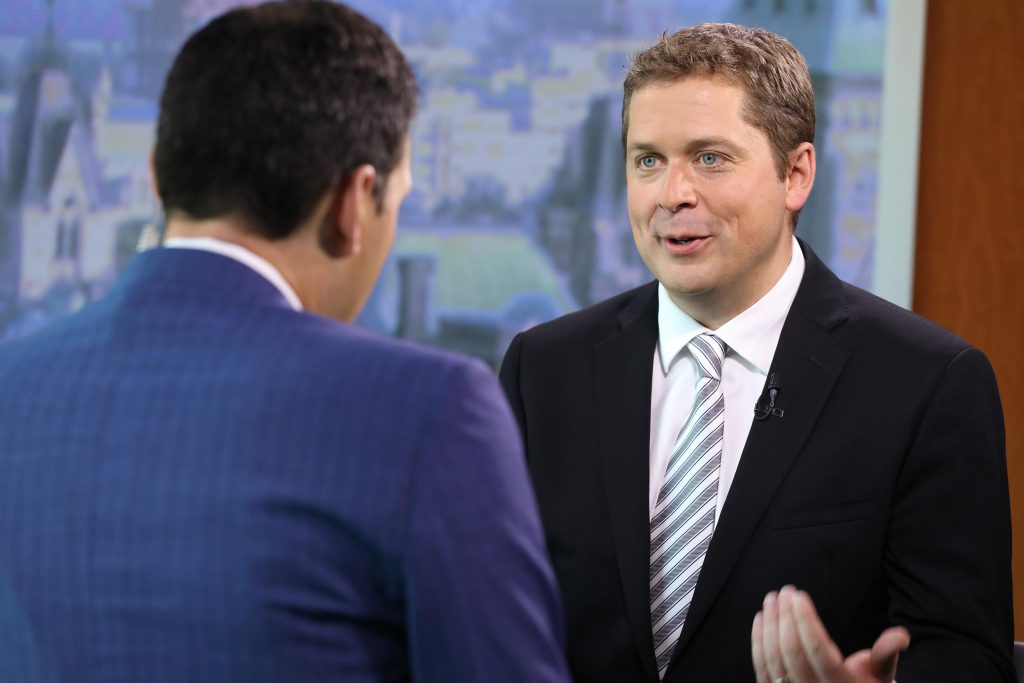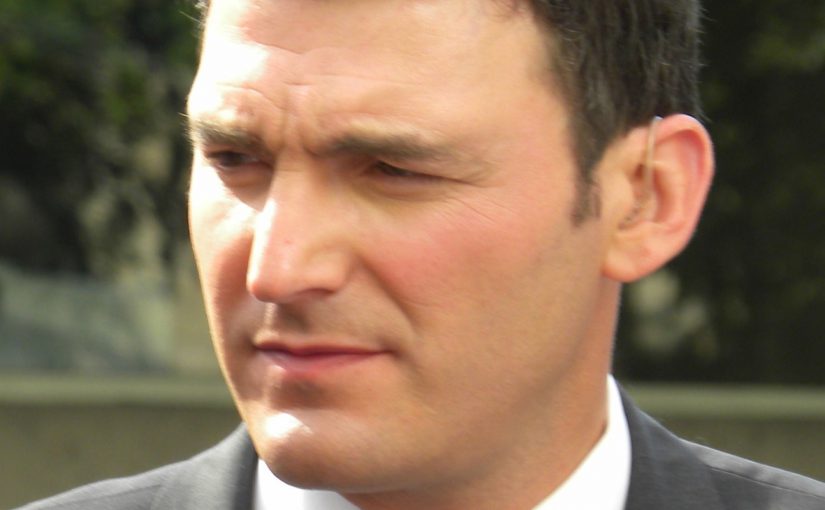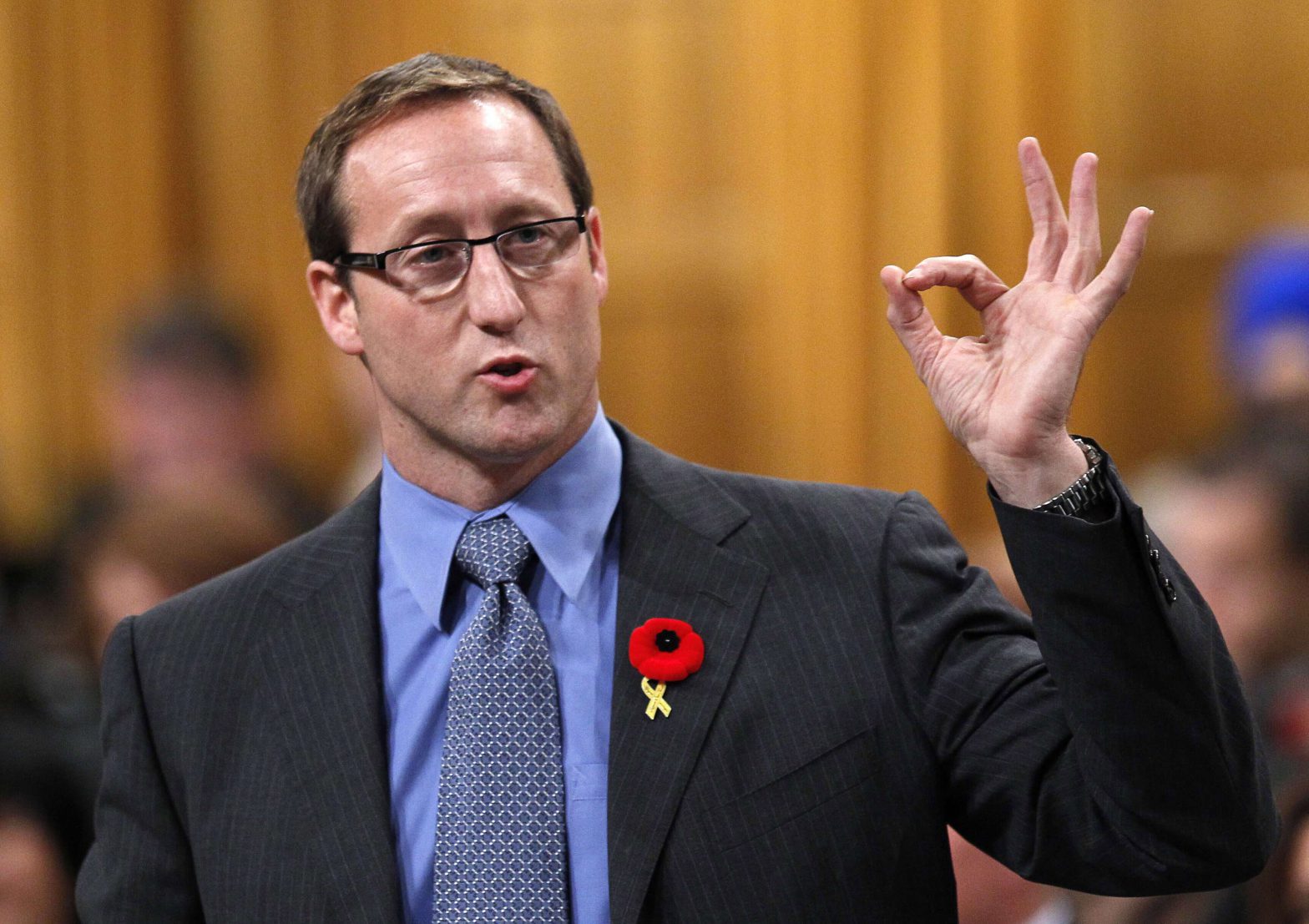News veteran Don Martin recently announced his retirement one of the most significant television shows covering politics daily from Ottawa. Martin hosted CTV’s PowerPlay for the better part of a decade. We didn’t find out who would replace him until Monday.
And with that Evan Solomon steps up to take over in 2020. Previously the host of CBC’s Power & Politics, Evan was knocked off his perch at CBC News when it was revealed that he was doing some art-dealing on the side with some of the news figures that he was covering. Usually, CBC usually likes to avoid conflicts of interest for its hosts. Of course, this didn’t seem to apply when Rosemary Barton filed a lawsuit against the Conservative Party on the same day she hosted the national leader’s debate during the 43rd general election.
Evan has had a slow climb back ever since. He hosted a daily radio program at Ottawa’s CFRA and was eventually brought on as a host on CTV’s question period.
CTV’s Power Play is the show opposite the one that Evan used to host along with Barton on CBC. Now, though Evan has reclaimed the timeslot, his former co-host has moved on to co-host The National.
As one of Evan’s colleagues in the Press Gallery put it to me years ago, Power Play is Bell’s daily hour of impressing its importance upon Canada’s federal government — which, it may surprise you to learn, regulates the telecom company and its industry. My wise friend noted that it didn’t even matter if CTV got any significant ratings among the folks at home. She pointed out that this is evidenced by the low cost ads for sit-down showers and CHIP-reverse mortgages that litter CTV and CBC during these hours.
PowerPlay regularly features panels of lobbyists labeled “strategists” for the folks at home. Watching Don Martin’s PowerPlay, I once spotted Bell’s Conservative lobbyist and Bell’s Liberal lobbyist on the same panel.
The other featured panel is the one for backbench MPs. Both lobbyist and MP panels are emailed talking points from their respective party liaisons at most a few hours before the show.
Among other eyebrow-raising moves on the show, cabinet ministers would ‘guest-host’ the show when Don was golfing down south. All wins for certain VPs at Bell to be sure.
If there’s one thing we hope that Evan Solomon can bring to PowerPlay’s new format is a ban on useless talking point panels, let alone a moratorium on the flattering of government ministers with TV gigs.

We hope for more one-on-one interviews; the types of grilling interviews that Solomon conducted on Sundays on Question Period. If television news is still to be an accountability function for our democracy, let Solomon bring more of it to his daily show.
In our now-regionally-divided country, Solomon should also regularly take his show on the road. Every month, he should host CTV PowerPlay from one of Canada’s provincial/territorial legislatures. The interface between federal and provincial politics will be crucial over the next 1.5-4 years. It is important for Canadians and policy makers to appreciate this dynamic.
Take the show outside of the studio too. Find the coffee shops, airport gates, and job sites where federal policies are making their effects on people.
Let CBC continue its daily coverage of the special interest groups that line up for pork in the federal budget. CTV should forge a new path and interview representatives from the small business community and those now out-of-work in Alberta. Of course, these folks will be lobbying for themselves and their families and they would never consider calling themselves partisan ‘strategists’.
Though you may have detected some cynicism above, I’m always hopeful for change and the appointment of Evan Solomon to host CTV’s PowerPlay is a welcome development. Yet, we should continue to ask how PowerPlay can serve the public interest instead of Bell’s regulatory strategy.

